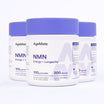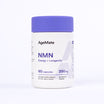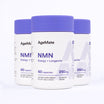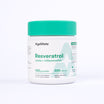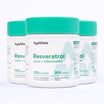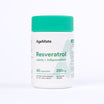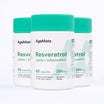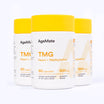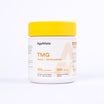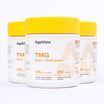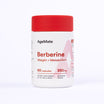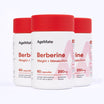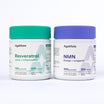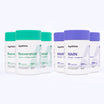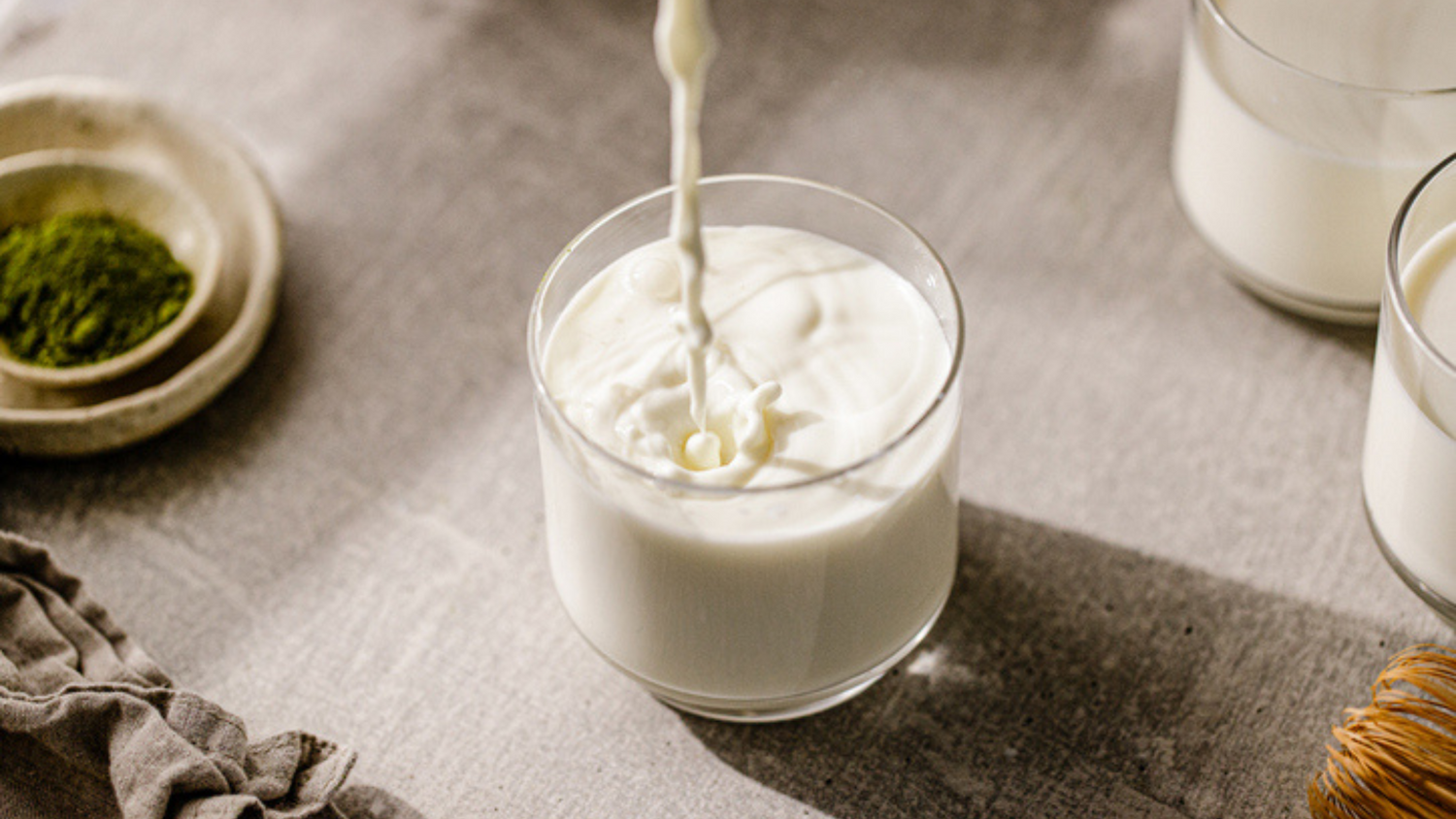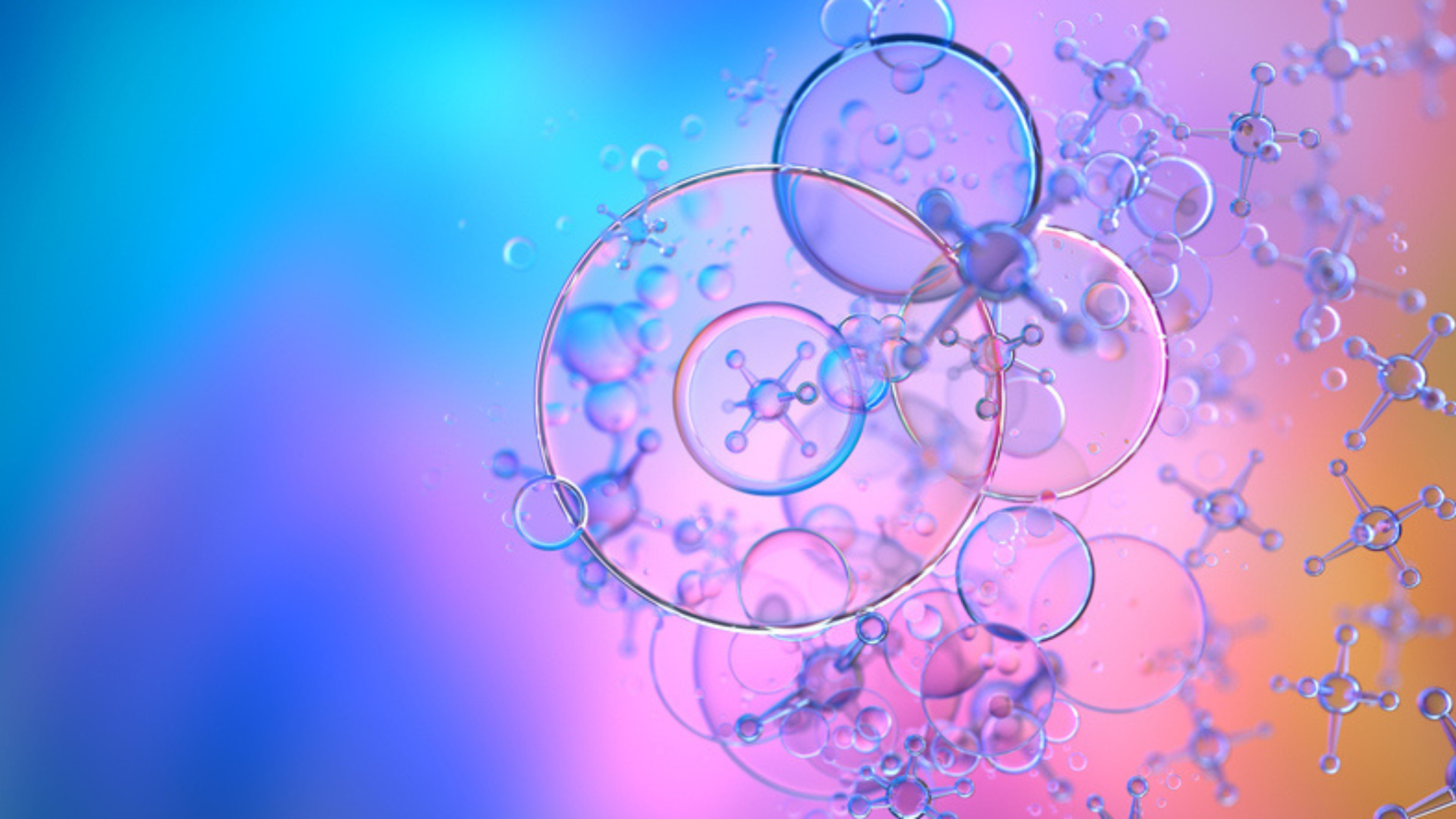Recent scientific studies have confirmed that consuming animal milk can significantly influence the ageing process. While the effects of ageing manifest gradually due to its inherently slow nature, certain immediate consequences of milk consumption, such as increased insulin resistance and higher insulin production, can accelerate the ageing process. This article delves into the various mechanisms by which milk may hasten ageing.
How Milk Promotes Ageing Through Growth Pathways
Milk is naturally designed to promote rapid growth in calves, containing numerous substances that stimulate growth. However, this same growth stimulation can also accelerate ageing.
A consistent finding in ageing research (biogerontology) is that excessive growth stimulation leads to faster ageing. Milk contains several substances that activate growth receptors in cells, such as insulin receptors, mTOR receptors, and insulin-like growth factor (IGF) receptors, all of which contribute to accelerated cellular ageing (R, R, R, R).
In biogerontology, it’s well-documented that activating these pro-growth and pro-ageing receptors (mTOR, insulin, IGF) speeds up ageing in animals, increases their risk of age-related diseases, and shortens their lifespan. Conversely, reducing stimulation of these pathways helps animals stay younger for longer, reduces their risk of ageing-related diseases, and extends lifespan (R).
Milk is a potent activator of these canonical growth receptors, which are known to accelerate ageing. Excessive growth stimulation can lead to faster ageing through various mechanisms. For example, over-activation of mTOR and IGF receptors can cause cells to be less effective at maintaining and repairing themselves, leading to poorer DNA repair and less efficient recycling of cellular components (R).
Too much growth also forces cells to work harder, causing them to wear out faster. This leads to increased protein production and decreased protein breakdown (autophagy), which are two hallmarks of ageing (a decline in proteostasis and deregulated nutrient sensing) (R).
Additional Ways Milk Accelerates Ageing
Apart from stimulating pro-ageing growth pathways, milk can also speed up ageing through other mechanisms. Milk contains galactose, a sugar distinct from lactose, known to accelerate ageing. Scientists even use galactose to induce ageing in laboratory animals for study purposes.
Galactose can accelerate ageing by causing extensive crosslinking and inflammation, both hallmarks of ageing. The amounts of galactose used in these studies are comparable to humans drinking several glasses of milk daily. One glass of milk contains 5 grams of galactose, a significant amount (R).
Another study showed that children can develop insulin resistance simply by consuming large quantities of milk (R). This is notable because insulin resistance is typically seen in elderly individuals. Ageing leads to a gradual increase in insulin resistance, resulting in metabolic diseases and type 2 diabetes (R).
It is significant that young children can become insulin-resistant after just one week of high milk consumption, highlighting the strong effect of milk on pro-ageing pathways like the insulin pathway. Additionally, drinking just one glass of milk with a healthy meal can increase insulin production threefold, leading to higher insulin peaks in the blood and an increased risk of type 2 diabetes. Stimulation of insulin receptors also accelerates ageing (R).
The Connection Between Milk and Disease
Various studies have also shown a link between milk consumption and Parkinson’s disease. Parkinson’s disease is characterised by the loss of function of neurons in a specific brain region. Ageing is a primary cause of this neuron loss, which can be accelerated by factors like pesticides and possibly milk (R).
Other studies have associated milk consumption with an increased risk of prostate cancer. Given that milk strongly promotes growth, it is unsurprising that it could increase the risk of cancer, which is essentially uncontrolled cell growth (R).
Milk also contains proteins like casein and lactalbumin that can irritate and confuse the immune system, often leading to improvements in allergies or eczema when milk consumption is discontinued (R).
Milk consumption is also linked to higher rates of acne in Western societies compared to populations with healthier diets. Substances in milk stimulate growth hormone production and steroid hormones, both of which can contribute to acne and accelerate ageing (R).
Contrary to popular belief, milk does not reduce bone fractures or strengthen bones. Some studies even suggest that higher milk intake is associated with a greater risk of bone fractures (R).
Milk Consumption and Increased Mortality
Given the pro-ageing effects of milk, it is unsurprising that studies show a link between high milk intake and increased mortality. For example, a large, long-term study found that women who drank three or more glasses of milk daily had nearly double the risk of dying compared to those who drank less than one glass per day. The study also noted a strong dose-response relationship, indicating a causal link (R).
The same study found that higher milk intake was associated with increased DNA damage and inflammation.

Dairy Industry Influence and the Health Benefits of Dairy Products
While there are many studies promoting milk as healthy, it is important to consider the influence of the powerful dairy industry, which produces around 850 million tonnes of animal milk annually and funds many studies. These studies often focus on the short-term effects of milk consumption rather than its long-term impact. But to keep things fair and our arguments well-rounded we have found some non-dairy industry-associated studies:
A review highlighted that dairy products are a critical source of essential nutrients, which are challenging to replace in a dairy-free diet. Dairy consumption is particularly beneficial for bone health due to its high calcium content and other nutrients (R).
Meta-analyses indicate an inverse relationship between dairy consumption and the risk of type 2 diabetes and cardiovascular diseases. These findings are consistent across various studies, showing that higher dairy intake is associated with a lower risk of these chronic conditions (R).
A comprehensive review of the global dairy sector identified numerous health benefits associated with dairy consumption, such as improved nutrient intake and economic opportunities, especially in developing countries (R).
What Should You Do?
If you are looking at the role milk plays in ageing alone. From available evidence, we recommend replacing animal milk (cow, goat, camel) with plant-based alternatives like almond, coconut, or cashew milk. Choose low-sugar variants, as many plant-based milks and yoghurts contain excessive sugar.
Additionally, it is important to take calcium supplements when not consuming animal milk. Plant-based milk and green leafy vegetables provide some calcium, but often not enough. We recommend taking 500 mg of calcium twice a day, combined with vitamin D3 (for calcium absorption) and vitamin K2 (to ensure calcium deposits in bones rather than arterial walls) (R).
Why Cheese and Yoghurt, But Not Milk?
While we advise against consuming animal milk, cheese and yoghurt can be exceptions. Cheese is a partially digested and fermented form of milk, containing vitamin K, probiotics, and less galactose.
However, cheese is still an animal product, and reducing animal products can improve health and extend lifespan (R, R). For yoghurt, plant-based options like soy or coconut yoghurt are recommended, especially low-sugar variants.
Conclusion
In conclusion, the recent scientific studies presented in this article highlight how consuming animal milk can influence the ageing process. While the effects of ageing are gradual, immediate consequences like increased insulin resistance and higher insulin production can accelerate it.
This article has explored various mechanisms through which milk may hasten ageing, emphasising the activation of growth pathways and the introduction of galactose. Considering these findings, it may be beneficial to replace animal milk with plant-based alternatives and ensure adequate calcium intake through supplements.
For a more comprehensive understanding of diets that promote longevity, read our Why Animal-Based (Carnivore) Diets Accelerate Ageing article.



